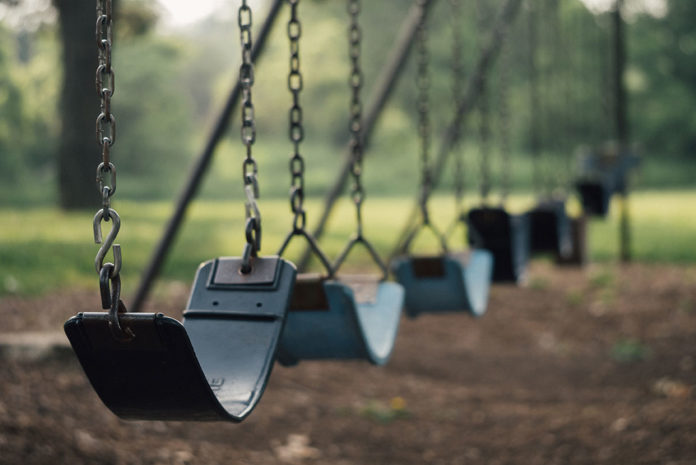By Allison Kaplan Sommer For ISRAEL21c
A key element in Shanun-Klein’s ideas, which she calls the ‘Readjustment Model of Parental Bereavement’ is the assertion that in order to continue living, most bereaved parents need some kind of a mission to fulfill.
Dr. Henya Shanun-Klein, an experienced Israeli psychologist and university professor living in Houston, Texas was not only familiar with the accepted theories regarding grief and mourning — she taught them to her students and used them in her practice.
But all of her professional literature stopped making sense one day in 1989 when her 11-year-old daughter Gili was fatally injured by a reckless driver and died five days later. Looking at grief from the other side of the couch, she soon realized that much of what she had learned and taught as a professional just didn’t apply.
This motivated Shanun-Klein to develop a breakthrough model of grief counseling, designed expressly for professionals working with bereaved parents, which has resulted in the publication of a book and the writing and production of a play based on her life and work.
Shanun-Klein was both surprised and thrilled that a book written in English, which she wrote primarily to serve as a guide for grief counselors working with bereaved parents, has succeeded as a play written in Hebrew. She hopes that when the play is translated from the Hebrew version into other languages and the book translated to Hebrew and other languages, there will be interest in staging the play in the US and other countries as well, and many more will benefit from the book.
“It’s the kind of death for which you are least prepared, and which is the least natural,” she says of losing a child.
Because of this, she believes, many of the ‘rules’ of mourning don’t apply to parents — specifically, the theories based on stages and reaching a goal of ‘accepting the death’ and ‘moving on with life.’ While every parent is different, she found that most, like her, needed to learn to live with a lasting feeling of loss and grief. This meant, that some of what is considered unusual or bizarre behavior — like keeping a child’s room intact for years and spending time there, or having ongoing verbal conversations with a deceased child, aren’t actually strange or abnormal. They are, instead, she says, “normal reactions to an abnormal situation — an indication of continuing the bond with the deceased child — after all, a parent does not stop being a parent only because her child has died.”
Parents who lose their children, she explains, can have trouble simply existing — they can’t comprehend how they have survived what they considered an unsurvivable event.
“You tell yourself that if anything happened to your child, you would just curl up and die yourself,” she says. “Then your child dies and you look around and you can’t understand why you are still alive.”
A key element in Dr. Shanun-Klein’s theory, which she calls the ‘Readjustment Model of Parental Bereavement’ is the assertion that in order to continue living, most bereaved parents need to find new meaning to their survival; some kind of a mission to fulfill. Only then surviving turns into living.
Her personal mission is to help people adjust to living with loss. A year after Gili died, she started writing her observations of self and other grieving parents, incorporating her professional and personal knowledge into a breakthrough book: Gili’s Book: A Journey Into Bereavement for Parents and Counselors published in 1998 by Teachers College Press, Columbia University. Later, she developed a practice specialising in grief counseling and a website Gili’s Place, devoted to helping parents who have lost children and to professionals working with grieving parents.
“It was one of the first sites on the Internet for those coping with death and loss and grief,” she told ISRAEL21c, proud of the accomplishment.
With the recent production of the play based on her book, Dr. Shanun-Klein’s mission has been taken a step further. Her story has been transformed into art; and her message is being spread even wider, which she is certain will help even more bereaved parents.
Gili premiered at the Israeli’s most prestigious theater — Habima Theater — Theatronetto Festival in Tel Aviv, an annual festival and competition of plays that are monologues performed by a single actor. The play took first prize and received rave reviews throughout the Israeli press. The critic for Ha’aretz, Michael Handelsalz proclaimed the play a “tour de force” and said that it left him “aching, emotionally stunned, moved to the depths of my soul, and speechless.”
The adaptation of her book into a play was the result of a chance meeting with author Orna Yakir. Shanun-Klein’s son had just purchased Yakir’s house, and Yakir returned to her former home to claim her geraniums when Shanun-Klein happened to be visiting.
To view this article in full visit https://www.israel21c.org/helping-grieving-parents-through-an-israeli-prism/











